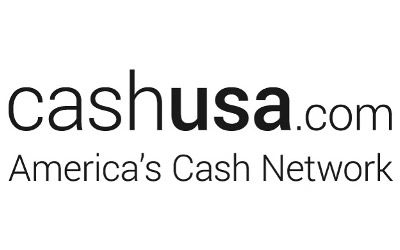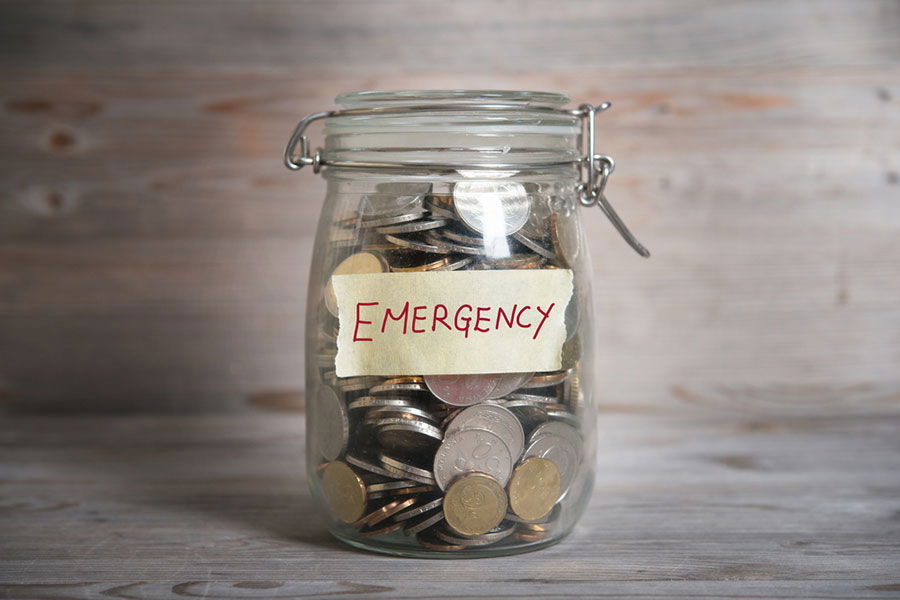Having trouble getting approved for a loan because of bad credit? You’re not alone. When banks turn you down, no-credit-check loans can seem like the quick fix. They promise fast cash with minimal requirements, making them appealing if you’re under financial pressure.

The problem is that these loans often come with extremely high interest rates and hidden fees. What looks like a lifeline can leave you in worse shape than before. In this guide, we’ll break down how no-credit-check loans work, why they can be risky, and smarter alternatives to consider instead.
What Are No-Credit-Check Loans?
No-credit-check loans are personal loans that skip the traditional hard credit check. Instead, lenders review factors like your income, job stability, and bank account history. These loans are marketed to people with poor credit scores who struggle to qualify for traditional financing.
Because lenders are taking on more risk, they usually charge extremely high interest rates and fees. That makes them one of the most expensive ways to borrow money.
How No-Credit-Check Loans Work for Bad Credit Borrowers
Applying is usually quick and done online. You’ll be asked for personal details, proof of income, and bank account information. Most lenders do a soft credit check or skip the credit pull entirely, focusing on your ability to repay based on income.
If you’re approved, money often hits your bank account within one business day. Repayments are then set up in fixed installments that are automatically withdrawn. While the process feels easy and fast, the cost of borrowing can be overwhelming once interest charges start to pile up.
Pros & Cons of No-Credit-Check Loans
No-credit-check loans may seem like an easy way to borrow money, but they come with trade-offs. While they provide quick access to cash without factoring in your credit score, the downsides can be severe. Here’s a clear look at the advantages and disadvantages.
Pros
- No credit score requirement: Approval does not depend on your credit score, so even borrowers with poor credit can qualify.
- Fast application process: Most lenders offer a simple online form, and approval can happen within minutes.
- Quick access to funds: Money is often deposited into your bank account within one business day.
- Minimal documentation: You typically only need proof of income and banking details to get started.
Cons
- Extremely high interest rates: APRs can range from triple digits to nearly 200%, making repayment very expensive.
- Costly fees: Late payment fees, origination charges, and even penalties for early repayment are common.
- Debt trap risk: Long repayment terms combined with high rates mean you pay far more in interest than the amount you borrow.
- Automatic withdrawals: Lenders often require direct access to your bank account, which can lead to overdraft fees if your balance is low.
Consider Alternative Lenders for Bad Credit
If you have a poor credit score, you might think a no-credit-check loan is your only choice. The reality is that some online lenders specialize in helping borrowers with bad credit. Many of these lenders operate through marketplaces that connect you with direct lenders willing to review your application, even if your credit history isn’t strong.
Here are three well-known options that work with bad-credit borrowers:
MoneyMutual
MoneyMutual is a great option for anyone looking for a short-term loan up to $2,500. The online loan process is quick, and you can receive the funds within 24 hours.
The interest rates and loan terms vary, so you’ll have to apply to see what you qualify for. However, MoneyMutual is not available to borrowers that live in New York and Connecticut.
CashUSA
CashUSA offers bad credit loans up to $10,000, so this could be a good choice for anything that needs a slightly larger personal loan. To qualify for a loan through CashUSA, you will need to bring in at least $1,000 per month in income.
The APR range is between 5.99% and 35.99%, depending on your creditworthiness. But the company is willing to work with all different types of borrowers, regardless of your credit history.
Bad Credit Loans
Bad Credit Loans offers online loans between $500 and $10,000, with an APR range between 5.99% and 35.99%. The application process is pretty straightforward, and you can receive the funds as soon as the next business day.
The company has been in business since 1998 and has built a solid reputation for helping people with a bad credit score receive personal loans. You will need to provide proof of income before you can apply on the company’s website.
Other Alternatives to No-Credit-Check Loans
While these lenders can be helpful, it’s smart to explore additional options. Depending on your financial situation, you may qualify for more affordable loan products or creative solutions that don’t involve sky-high interest rates. Alternatives include:
- Credit unions and community banks that offer more flexible loan programs for members.
- Cosigned loans that allow you to borrow money at lower rates with the support of someone who has stronger credit.
- Borrowing from friends or family to avoid high fees and interest.
- Credit-builder loans or secured credit cards designed to help improve your credit score over time.
Exploring these paths can help you avoid the debt trap that often comes with no-credit-check loans.
How to Spot Loan Scams
Not every lender advertising no-credit-check loans is trustworthy. Scam companies often target people in financial stress, so it’s important to know the warning signs before applying.
Red flags to watch for include:
- Upfront fees: Legitimate lenders deduct fees from the loan proceeds, not before you receive the funds.
- No physical address: A real lender will list a verifiable business address on their website.
- High-pressure tactics: Scammers often push borrowers to act immediately without time to review terms.
- Unsecure website: Always confirm the site begins with “https” and uses proper encryption before entering personal details.
Ways to verify a lender’s legitimacy:
- State license lookup: Confirm the lender is licensed to operate in your state.
- Consumer Financial Protection Bureau (CFPB) complaint database: Check if other borrowers have reported issues.
- Better Business Bureau (BBB): Look for ratings, reviews, and complaint history.
Before sharing personal or banking information, research the company thoroughly. A few minutes of fact-checking can prevent identity theft or years of debt.
Smart Ways to Rebuild Credit Instead
Instead of relying on expensive no-credit-check loans, you can take steps that strengthen your credit score and open doors to better borrowing options in the future.
Practical strategies include:
- Pay on time: Make all payments by the due date to build a positive payment history.
- Catch up on past-due accounts: Bring late accounts current to prevent further damage.
- Use credit-builder tools: A credit-builder loan or secured credit card can help add positive activity to your credit report.
- Keep balances low: Aim to keep your credit utilization under 30% of your total available credit.
- Review credit reports: Check for errors on your credit reports and dispute any incorrect information with each credit bureau.
These habits take consistency, but they are the most effective way to rebuild your credit score and avoid the debt trap of high-cost loans.
Final Thoughts
No-credit-check loans may offer fast cash, but the long-term costs are often overwhelming. High interest rates, hidden fees, and automatic withdrawals can create more problems than they solve.
If you’re dealing with bad credit, consider safer options first. Alternative lenders, credit unions, or even credit-builder tools can give you the funds you need without trapping you in debt. At the same time, focus on rebuilding your credit score so future borrowing becomes easier and more affordable.
The bottom line is simple: be cautious, compare your options, and choose a path that strengthens your financial future instead of weakening it.
Frequently Asked Questions
Do no-credit-check loans show up on my credit report?
Yes. Even if a lender does not run a hard credit check during the application process, the loan itself will usually be reported to the credit bureaus. If you make payments on time, it could help your credit score. If you miss payments, it can damage your credit score further.
Are no-credit-check loans the same as payday loans?
Not exactly. Payday loans are typically due in full on your next paycheck and often have even higher fees. No-credit-check installment loans may allow longer repayment terms, but they still tend to carry extremely high interest rates.
Can I get a no-credit-check loan without a bank account?
It’s difficult. Most lenders require a checking account to deposit funds and set up automatic payments. If you don’t have a bank account, consider opening a second chance checking account or looking into credit union options.
Do no-credit-check loans have fixed or variable interest rates?
Most no-credit-check loans have fixed interest rates. That means your monthly payment stays the same for the entire repayment period. However, the rates are usually much higher than traditional loans, so the total cost is significant.
What should I do before applying for a no-credit-check loan?
Check your credit reports for errors, calculate how much you can realistically afford to borrow, and compare alternative lenders first. These steps can help you avoid overpaying and may even qualify you for a more affordable loan option.







